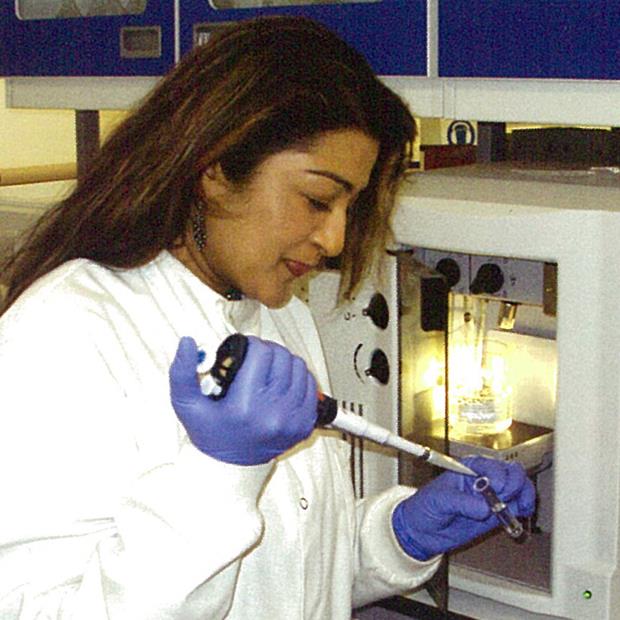 In 2016, Havelock North experienced New Zealand’s largest water supply contamination crisis where a Campylobacter outbreak affected more than 5000 people. In September 2017, the Health Research Council of New Zealand allocated almost $500,000 in research funding to study the 2016 outbreak, the health sector’s response, and to carry out further studies relating to ongoing effects. Anita Jagroop-Dearing, postgraduate Health Sciences lecturer from EIT is managing the wide-ranging studies, comprising of six research programmes. She will also use her specific research skills for laboratory analyses on some of the research projects.
In 2016, Havelock North experienced New Zealand’s largest water supply contamination crisis where a Campylobacter outbreak affected more than 5000 people. In September 2017, the Health Research Council of New Zealand allocated almost $500,000 in research funding to study the 2016 outbreak, the health sector’s response, and to carry out further studies relating to ongoing effects. Anita Jagroop-Dearing, postgraduate Health Sciences lecturer from EIT is managing the wide-ranging studies, comprising of six research programmes. She will also use her specific research skills for laboratory analyses on some of the research projects.
Anita will work closely with other members of the project team, comprising members from the Institute of Environmental Research, Hawke’s Bay District Health Board, Massey University and the University of Otago’s Department of Public Health in Wellington. Dr Nicholas Jones (Hawke’s Bay District Health Board Medical Officer) will lead the research team along with Professor Michael Baker (University of Otago Department of Public Health, Wellington).
The first report, an is an in-depth assessment of the event, with Anita as one of the authors. It will be the baseline for all of the following reports and will look at the ‘who, how, when and why’ of the event as well as providing some phenotyping of the bacteria involved. It will also assess the health sector’s response to the crisis.
Two years one since the outbreak, there is now a wealth of health data for further analysis. These studies looking into the ongoing health effects will look at reactive arthritis in the over 60s group of residents, the progression of frailty in the affected elderly in two rest homes in Havelock North, renal disease, and the relationship between environmental factors and the outbreak. The final study will discuss non-traditional early detection methods and the delay in reporting the outbreak. For example, factors such as school absenteeism can be used to give an indication that something is wrong in the community but this was not reported, or recognised, until after the event.
The results of the studies will benefit all New Zealand communities and have wider reaching impact internationally.
Overseeing such a range of projects will be a challenge and involve a balance between teaching, mentoring international students, family, and research commitments such as chairing the EIT Health Sciences Research Committee. However, with a background in laboratory-based research and international experience at the University College London researching cardio-vascular disease, Anita enjoys the challenge and is passionate about throwing further light on this important public health event with wide-ranging consequences.
Senior Academic Staff Member – Postgraduate Health Science. International Postgraduate Programme Coordinator – Health Science & Nursing.
Dr Anita Jagroop-Dearing

